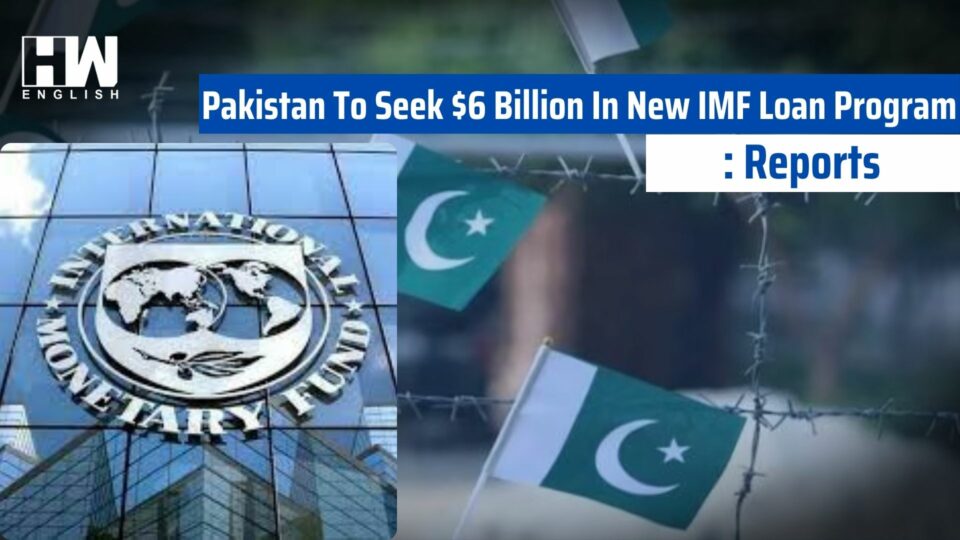Bloomberg News reported Thursday that Pakistan plans to negotiate a new loan of at least $6 billion from the International Monetary Fund (IMF) to help the incoming government make debt payments this year.
Also Read: Ex-Maharashtra CM Manohar Joshi, Dies At 86
Citing a Pakistani official, the report said the country aims to secure an Extended Fund Facility from the IMF, with talks likely to begin as early as next month. The new bailout would urgently relieve Pakistan’s $350 billion economy and enable the government to repay billions in debt obligations in 2023.
Pakistan narrowly avoided default last summer due to a short-term IMF rescue package. However, that program expires in March, meaning the next administration must quickly broker a long-term deal to maintain economic stability.
The caretaker finance minister did not immediately confirm the Bloomberg report. But Pakistan’s precarious financial position means shoring up foreign lenders’ support will be a top priority.
“A new deal is key to the country’s credit profile, and we assume one will be achieved within a few months,” Fitch Ratings said this week. Failure to do so would “increase external liquidity stress and raise the probability of default,” the agency warned.
To secure last year’s emergency bailout, Pakistan implemented challenging IMF demands, including budget cuts, an interest rate hike, and price surges for electricity and gas. The country is expected to negotiate an Extended Fund Facility with more rigorous reforms required over three years to rectify flaws in its economic structure.
Pakistan has dealt with recurrent balance of payments crises and required many IMF bailouts since the late 1980s. Experts state the nation urgently needs structural reforms to stabilize its chronically weak finances.
Securing continued access to foreign financing will be critical in the near term. But lasting solutions will depend on the next government enacting politically strict measures to rein in spending, privatize loss-making state companies, expand the tax base, and become less reliant on external support.
As an independent media platform, we do not take advertisements from governments and corporate houses. It is you, our readers, who have supported us on our journey to do honest and unbiased journalism. Please contribute, so that we can continue to do the same in future.

